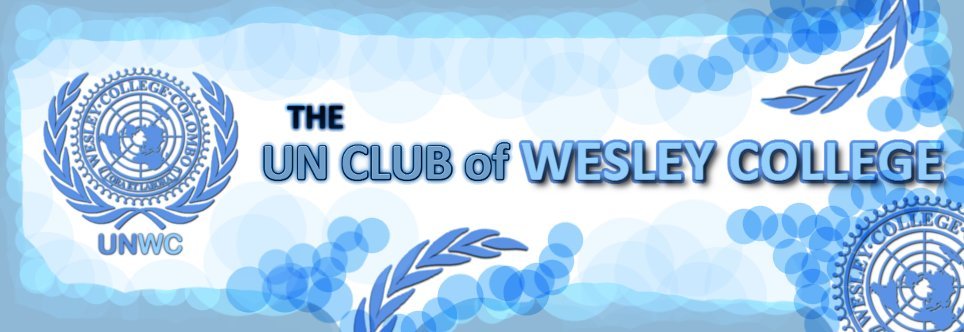- Colombo Workshop: 30th of June 2012
Venue: The Britsh School in Colombo
63, Elvitigala Mawatha,
Colombo 08.
- Practice Debate 01: 7th July 2012
Venue: The Britsh School, Colombo
- Practice Debate 02: 14th of July 2012
Venue: The Britsh School, Colombo
- Deadline for submitting Position Papers: 12th July 2012
- Practice Debate 03: 21st July 2012
Venue: The Britsh School in Colombo
- Conference: 5th, 6th and 7th August 2012
316, EthulKotte Road,
Battaramulla
